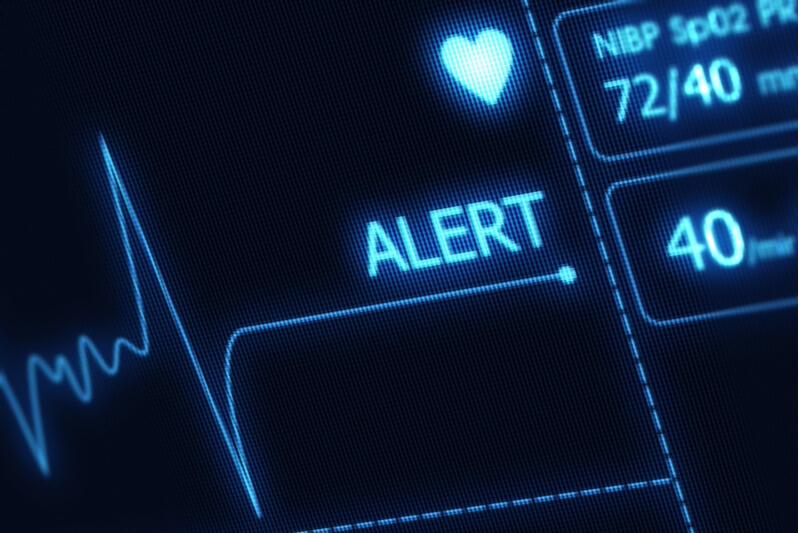Getting A Medical Alarm
Medical alert devices are a great way to add some assurance to your health and safety. Make staying safe and in control easier.Unfortunately, as some individuals age, they may contract serious, potentially life-threatening chronic or acute illnesses that could precipitate crippling or dangerous symptoms without warning. For such subjects, an added piece of assurance that can increase their health and safety would be getting medical alert devices.

Medical Alarms For Seniors
Senior medical alarms are electronic communications systems designed to provide immediate help to persons experiencing significant or life-threatening health issues. Medical alert devices are comprised of several components.Arguably, the most notable component is a small contraption equipped with a button users can activate to beckon the attention of local emergency services. Additionally, the activation piece is connected to a central communications device set up inside the user's home. This communications hub contacts emergency services personnel. Many medical alert systems built today are also fitted with Global Positioning System, sometimes abbreviated as GPS technology, which can immediately pinpoint the beckoner's location, which often expedites the response time of first responders.
Once communication is established, a dispatcher will open two-way communications with the patient to gain a better sense of their condition and its severity. Moreover, the dispatcher will also notify other pertinent individuals, such as the user's neighbors, family members and doctors.
Obtaining Senior Medical Alarms
The decision to invest in medical alert devices should be made after pondering several crucial considerations, including:- Current Health: Naturally, the most critical factor is the prospective investor's current health. Should said individual possess a history of strokes or heart attacks or have been diagnosed with a chronic condition, like diabetes, their candidacy to benefit from these systems gains viability.
- Mobility: Mobility and physical health should not be overlooked. Falls account for a significant percentage of senior injuries and medical alert calls. Ergo, older persons with balance issues or serious physical problems are encouraged to consider investing in such devices.
- Living Arrangements: Seniors who possess any type of health complication and live alone are strongly urged to consider purchasing a medical alert system. Said devices can increase the peace of mind held by the user and their loved ones.
Attributes Of An Optimal System
When choosing amongst medical alarms for seniors, prospective investors are encouraged to consider the following:- Should The System Be Home Or Mobile-Based?: Alerts devices were originally designed to work through a home's landline telephone. Some companies still create systems meeting such compatibility. However, other system creators also enable the system to operate in conjunction with their mobile phones. If the individual in question is active and travels frequently, investing in the mobile option might be advisable.
- Is Fall Detection Technology Necessary?: For an added monthly fee, certain systems could be equipped with fall detection technology. Seniors with mobility issues or a history of sustaining discernible falls might wish to consider this option.
